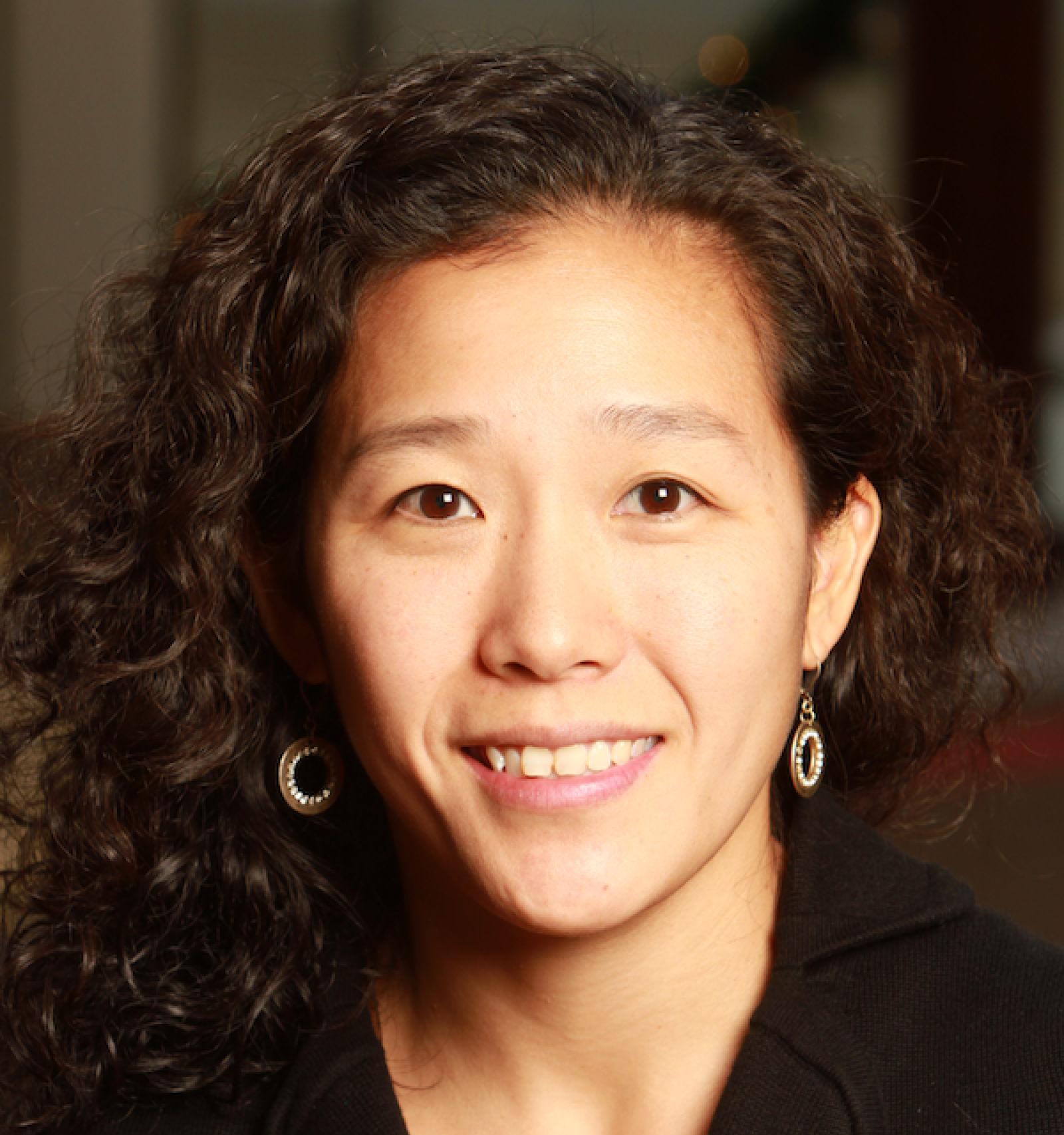Leapfrog Group will measure hospitals on diagnostic performance in 2024
The Leapfrog Group will add a section to its annual survey in 2024 asking hospitals to report their progress on evidence-based practices designed to prevent and reduce patient injury and death from diagnostic error and delay.
This fall, Leapfrog will pilot test survey questions about a range of diagnostic practices from holding leaders accountable for diagnostic safety to openly communicating diagnostic errors to patients and optimizing electronic records to support accurate and timely diagnosis.
Results of the Leapfrog Hospital Survey — completed voluntarily each year by more than 2,300 U.S. hospitals — rate participants’ progress toward Leapfrog’s standards for safety, quality and transparency and are publicly reported. Since 2000, the survey has been the centerpiece of Leapfrog’s mission to “support informed health care decisions and promote high-value care.” The results are also used by hospitals to benchmark their performance to others in the industry.
Survey addition is part of a larger push to reduce harm caused by diagnostic error
Leapfrog is working with the Society to Improve Diagnosis in Medicine (SIDM) on a multi-year project called “Recognizing Excellence in Diagnosis.”
As part of that effort, Leapfrog convened an advisory group in 2021 that identified more than 300 evidence-based practices for improving diagnosis. From that list, 29 were included in Recognizing Excellence in Diagnosis: Recommended Practices for Hospitals published in July.

Mark L. Graber, M.D.
Mark L. Graber, M.D., SIDM’s Founder and President Emeritus, expects that including diagnosis in the survey will elevate organizations’ interest in addressing diagnostic error. “Healthcare organizations need to address the harm arising from diagnostic error in their own hospitals.” says Dr. Graber. “The new Leapfrog report gives them ideas on where to start.”
The advisory group is co-chaired by Dr. Graber, Hardeep Singh, M.D., M.P.H., and Matt Austin, Ph.D., with representatives from Leapfrog, SIDM, the Agency for Healthcare Research and Quality, health plans, employers and other payers. SIDM’s Emeritus Director of Patient Engagement, Sue Sheridan, also serves on the group.

Missy Danforth
Missy Danforth, Vice President of Health Care Ratings at The Leapfrog Group, explains that the list of 29 practices is meant to be accessible and immediately relevant for all hospitals, regardless of size, patient population or environment. “We tried to include practices that you could find yourself doing whether you work in a critical access hospital in Ohio, a freestanding pediatric hospital in Salt Lake City or a large integrated health system in Massachusetts,” says Danforth.
When it approaches adding sections to the survey, Leapfrog looks for areas of practice in which hospitals across the country are likely to be at different stages of implementation and likely to be actively working to improve. “We have found that hospitals really become engaged when they can see opportunities for tangible improvements in patient outcomes,” says Danforth. ”We don't want to start with a new section and have everyone say ‘yes’ to everything. It's difficult to find meaning in that.”
A pilot survey involving at least 100 hospitals and health systems will inform final decisions about which practices to include on the 2024 survey.
COVID presents challenges to diagnostic safety and an opportunity
The new section on diagnosis is anticipated to be the first major change to the Leapfrog Hospital Survey since the coronavirus pandemic began in 2020. Since then, COVID has strained hospitals’ resources and detracted attention away from patient safety initiatives, but Danforth senses the pandemic may hold a silver lining.
Talking recently with representatives from small community hospitals, she found that dealing with COVID has led some to begin working on diagnostic safety. “At some hospitals, diagnostic safety is now on the radar,” says Danforth. “Joining the pilot or adopting some of the practices can help them build on what they've already started to do to address COVID-related problems with diagnosis. Perhaps eventually, they’ll gain national recognition for things they’ve been doing in their local hospitals for the past two years.”
Further reading